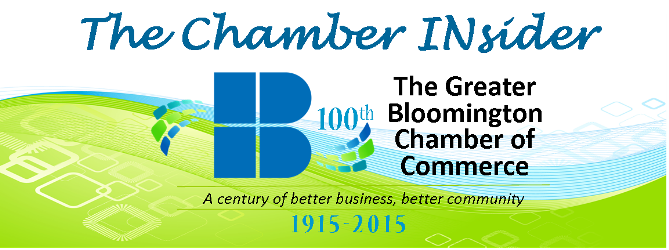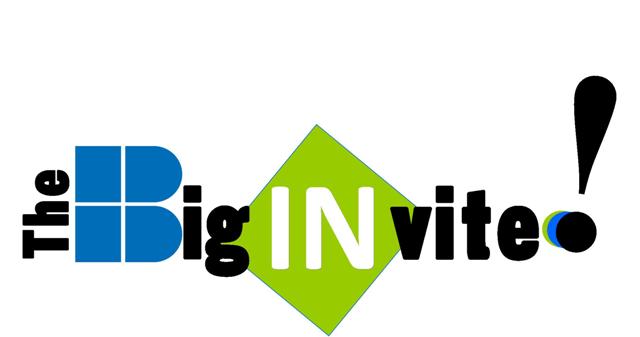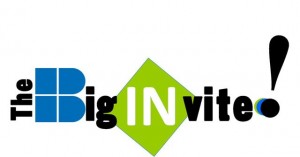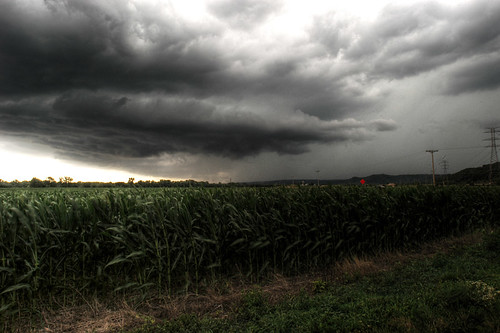These days, many nonprofits raise as much money through high-profile fundraising events as they do through such traditional fundraising channels as fund drives, donor solicitations and direct mail.
Sponsorships are different from donations in that they explicitly offer publicity in return for money, which is why they are generally geared toward businesses. Sponsor benefits can range from logos on t-shirts to an invitation to hand out awards onstage. If the event involves a meal or admission, sponsors usually receive free tickets, perhaps an entire table. Participation can be a substantial part of the benefit, and sponsors are usually asked, or even expected, to attend the event and provide their banner and logo.
There is nothing wrong with getting the most bang from your sponsorship dollars, and doing so helps out the organization you are supporting. You paid the money. Now, what can you do to get the most out of your sponsorship?
- Set clear expectations when you commit. What level of sponsorship are you purchasing, and exactly what will you receive in return? Will you receive logo recognition, or name only? How and where will your brand be displayed? in advertisements? hot linked on a website? a banner at the event? How many complimentary tickets will you receive? You need to know these things before you can take full advantage of your sponsorship.
- Look for exposure opportunities that go beyond just what’s offered up front. Ask the event organizer if they need promotional giveaways, goodie bags, door prizes, or silent auction items. This will get your name in front of more people, and help out the organization as well.
- Organizers view attendance as a key measure of the event’s success, second only to how much money it generated. Make sure you promote the event within your business, and not just at the owner or management level. Your employees will be proud that you are supporting a worthy cause, and the organization you are supporting will always appreciate more attendees. Ask if there’s a way to get discounted tickets in addition to those included with your sponsorship.
- At the event, have your team wear their nametags and appropriate logo wear. If possible, don’t seat all your attendees at the same table. Tell them to spread out so more people are aware of your support. This has the added benefit of offering networking opportunities for your people.
- For most nonprofits the week of the big annual fundraiser is the most demanding time of the year. Ask if your business can provide volunteers to help out before or during the event. In return, you will create more goodwill, and increase your visibility.
- Protect your brand. Keep your banner clean and flat, with no tatters or tears, and with enough grommets so that it hangs straight from any wall or suspension system. It’s good to have banners in several different sizes, as some venues offer limited (or unlimited) room for display. Make sure the logo file you provide is high resolution – you don’t want your logo to look pixilated when it’s blown up on a projector.
- Publicize the event on your website and with your employees and customers. Hang up a flier in your store or office, and offer to sell tickets. These are all ways to draw attention to your support for the cause and foster affinity with people who are important to you.
- If you don’t plan to use all your tickets, tell the event organizers as soon as possible. If there’s a meal, they need to give the caterer a head count often a week or more in advance. Or ask to ‘donate back’ your tickets for other attendees, perhaps awardees, which helps the organization cover costs.
- After the event, ask for a summary of your benefits. Did the organizers do everything they promised? How often did the advertisement run on the radio, and on which stations? How many hits did they get on Facebook? Did your logo get any hits on their webpage? Information like this helps you manage who saw your brand and make comparisons with other sponsorship opportunities out there.
- If you are dissatisfied, tell someone. Many nonprofits rely on volunteers to help with events, and things can get lost in the frenzy leading up to a big event. Most nonprofits are small enough that you can bring your concern directly to the attention of an executive director or program manager. It might have happened to others too, and the organization can’t address the problem unless it’s aware of it.
The Greater Bloomington Chamber of Commerce holds many sponsored events throughout the year, offering a wide range of sponsorship levels and benefits to accommodate businesses of all sizes. We’re pleased to be able to share these suggestions based on our years of experience.
Do you have some suggestions of your own? Visit our LinkedIn discussion group and let us know what they are.





